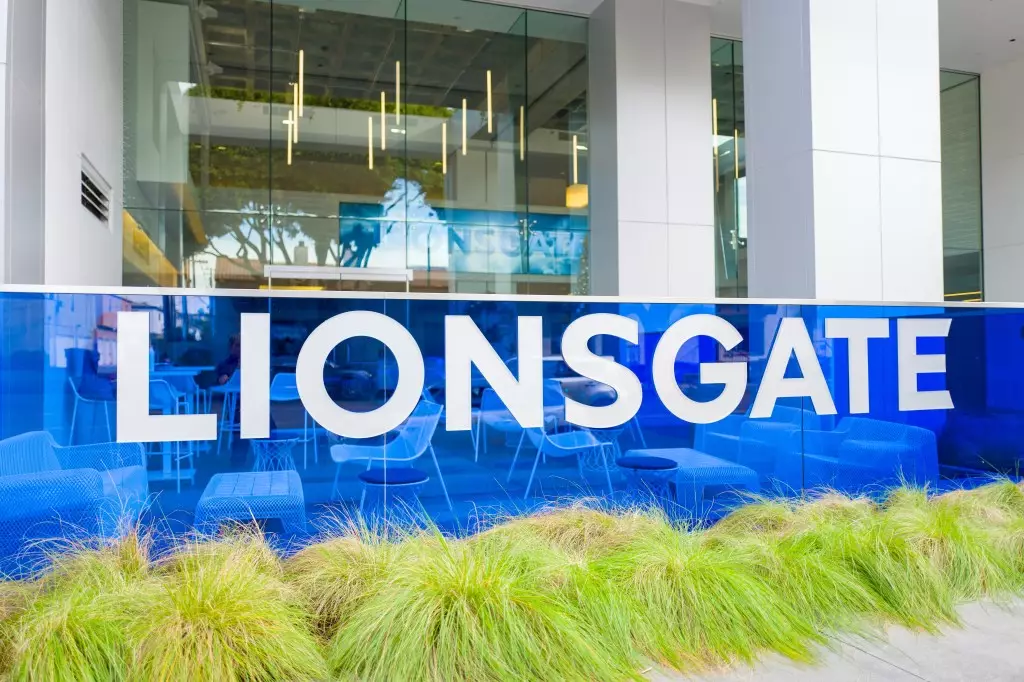The entertainment industry is undergoing seismic shifts, with emerging technologies and evolving audience preferences prompting companies to rethink their operational strategies. One such influential player, Lionsgate, is preparing for a significant transformation through the separation of its film and television production segment, Lionsgate Studios, from its premium cable network, Starz. During a recent earnings call, Lionsgate’s CEO, Jon Feltheimer, provided insight into the timelines and implications of this impending split, setting the stage for new strategic opportunities.
Despite initial expectations for a swift separation, the timeline has stretched into spring, with projections suggesting that shareholders may not convene for a meeting until late April at the earliest. This delay can be largely attributed to ongoing regulatory review processes with the Securities and Exchange Commission (SEC). Feltheimer detailed how the review necessitated updates to the company’s financials as of December 31, 2024, requiring additional weeks for preparation. This regulatory labyrinth reflects not only the complexity of modern corporate separations but also the crucial role that compliance holds in the entertainment industry’s rapidly evolving landscape.
As Feltheimer outlined, this strategic separation comes as the industry reaches a pivotal moment defined by changing consumption patterns and increased competition among streaming services. The newly independent Starz is expected to leverage the current market dynamics to enhance its digital service offerings while capitalizing on content bundles that appeal to diverse segments of the audience. Feltheimer acknowledged that Starz’s strengths lie in flexibility and adaptability, which are essential in an environment where content delivery is becoming increasingly fragmented.
Analyzing Lionsgate’s latest financial results offers a glimpse into the shifts that necessitated this split. The company’s third-quarter earnings report highlighted a remarkable surge in television production revenue, which surged by 63% to reach $405 million. This notable increase was attributed to a resurgence in episodic deliveries and strategic licensing agreements that maximized the utility of library content. On the flip side, motion picture revenues experienced softening trends, with the segment dropping to $309 million compared to $443 million in the prior period, underscoring the volatile nature of theatrical releases particularly in light of challenging comparisons against blockbuster titles.
Despite the turbulence in some segments, Lionsgate has demonstrated resilience with a narrower net loss of $18.5 million as compared to a staggering $107.4 million the year before. The ability to rebound signifies not only effective financial management but also the strategic positioning of Lionsgate Studios within the entertainment ecosystem. The upcoming cinematic releases, including titles like *Den of Thieves: Pantera* and *Flight Risk*, are poised to enhance the studio’s profile and financial standing.
While Lionsgate Studios aims to reposition itself in the competitive market, Starz is also on an upward trajectory. The North American over-the-top (OTT) subscriber base expanded by 170,000 in the recent quarter, reflecting a growing appetite for on-demand content. Nonetheless, revenue from Starz experienced a dip from $417 million to $344 million, coupled with a drop in profit from $85 million to $25 million. These figures illuminate the ongoing challenges that come with maintaining subscriber growth amid fierce competition from other streaming platforms and the necessity of innovative content to retain and engage audiences.
As Lionsgate prepares to bifurcate its operations, the strategic separation of its film and television divisions anticipates a future where both entities can thrive independently. By embracing their unique strengths and addressing market challenges head-on, both Lionsgate Studios and Starz are set to navigate the complex landscape of modern entertainment with renewed vigor. This evolution not only allows for greater specialization but also promises to enhance shareholder value, positioning Lionsgate as a more agile competitor in the ever-changing realm of digital entertainment.

